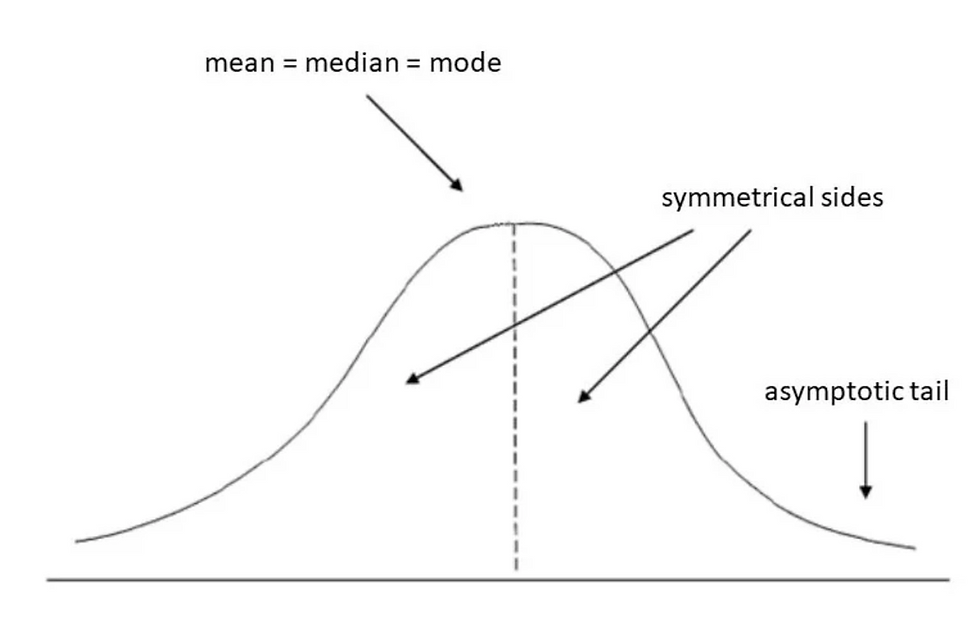Why do we perceive the same realities?
- kari lilt
- Jun 21, 2018
- 2 min read
Updated: Nov 18, 2020

That’s a really interesting question. I think the general consensus, even within the scientific community, is that scientific studies never 100% prove anything, they can only disprove piecemeal hypotheses. This is the principle of methodological falsificationism that Karl Popper described.
And even then, things can only be disproven within the standards of "statistical significance". There is never objective certainty.
Even so, I think scientific studies provide a pretty good starting point for understanding the world. It's probably the best "tool" we have so far.
The only problem is that science centralises the notion of reality around an objectivity "external to us".
You might ask, if there is no objective reality, then how can we explain the intersubjective agreement of a reference point?
As my past post says, I believe that dualisms are illusions – for example, form and matter cannot be completely distinguished from another nor divorced from one another – they are two expressions of the same thing and it is human conceptualisation that tries to sever the two. The concept of “form” in isolation to “matter” is meaningless – form without matter is a nonentity. In the same vein, the same illusion exists with subjectivity (“internal”) and objectivity (“external”).
I am trying to argue objectivity of subjectivity – when we synthesise reality we create roughly the same perceptual content because the demarcation between external/internal, objective/subjective, and you/me doesn’t exist. The universe is a simple unity. Perhaps this is what Jung meant by the “Collective Unconscious”.
Basically – what if instead imagining that we are all subjective beings looking at the same point of reference, what if we were all subjective beings sourcing from the same point of reference?
The former is a passive process, the latter is an active process.
Think of it this way – imagine a room with a lot of different projectors. Each projector is playing the same film. However, because each projector is a different model, not all the projections will be of the same quality, even though the source material is the same. Now a scientific model states that there is a film that exists even when there are no projectors to project it! To me that sounds more fantastical than solipsism.
I am not trying to explain away objectivity. I just think the current scientific assumptions can be improved. There are a lot of things that don’t make sense because science views the world from a bottom-up view rather than a top-down one.
Kant’s analogy of the Copernican Revolution of the mind fits so, so well, I think. In a time and world that believed that the Sun revolved around Earth, he posited the opposite – that the Earth Revolves around the sun, thereby emphasising a different “centrality”. We can do the same with the mind. Reality does not determine mental content, mental content determines reality, and really they are just a mutually interactive expressions of the same single unity.




Comments